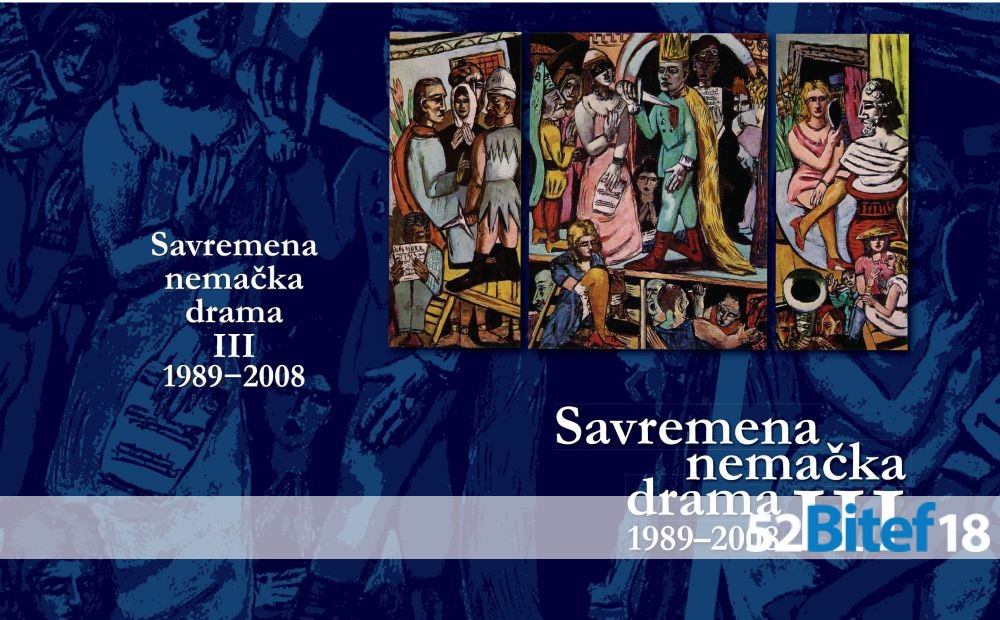The third volume (1989-2008) includes works by Elfriede Jelinek, Werner Schwab (The Presidents), Marlene Streeruwitz, Urs Widmer (Top Dogs), Dea Loher (Innocence), Roland Schimmelpfennig (Arabian Night), Albert Ostermeier (Virus), Falk Richter (Ice Bound), Lucas Berfus (Sexual Neuroses of Our Parents), Ewald Palmetshofer (Hamlet is Dead. No Gravity), Anja Hilling (Black Animal Sadness), Marius von Mayenburg (The Stone) and Feridun Zaimoglu (Black Virgins). The playwrights of this period in time use novel drama procedures and markedly subjective language to explore the problems of both the personal, local and the ever more globalised world. As is the case with some playwrights in the second volume of the anthology, radical novelties in the form of the play strike the eye.
As relying on a single criterion would not be in accordance with the polyvalent nature of drama as such, the editors took into account a series of relevant criteria. First came the literary significance of the author and his overall opus and the literary significance of every individual play. This was followed by the thematic and social-historical representativeness of a play in a period covered by this volume, that is how resolutely did the text face up to the issues preoccupying the literary, theatre and intellectual public and the society at large. As important was the place of a particular play during the most important and/or the most fruitful and most successful period in the author’s creative work and the intensity with which the play was received, i.e. the interest of the contemporaries, the social echo and its influence on the literature and theatre. Since this anthology is, among other things, a major translation endeavour, a certain role was played , quite naturally, by the interest of translators. As all these diverse factors can sometimes vie one with another, the editors gave advantage to those aspects they thought decisive or more important whilst attaching very serious attention to the thematic and formal harmony of every individual volume and the anthology as a whole.

Оцените - total votes 0